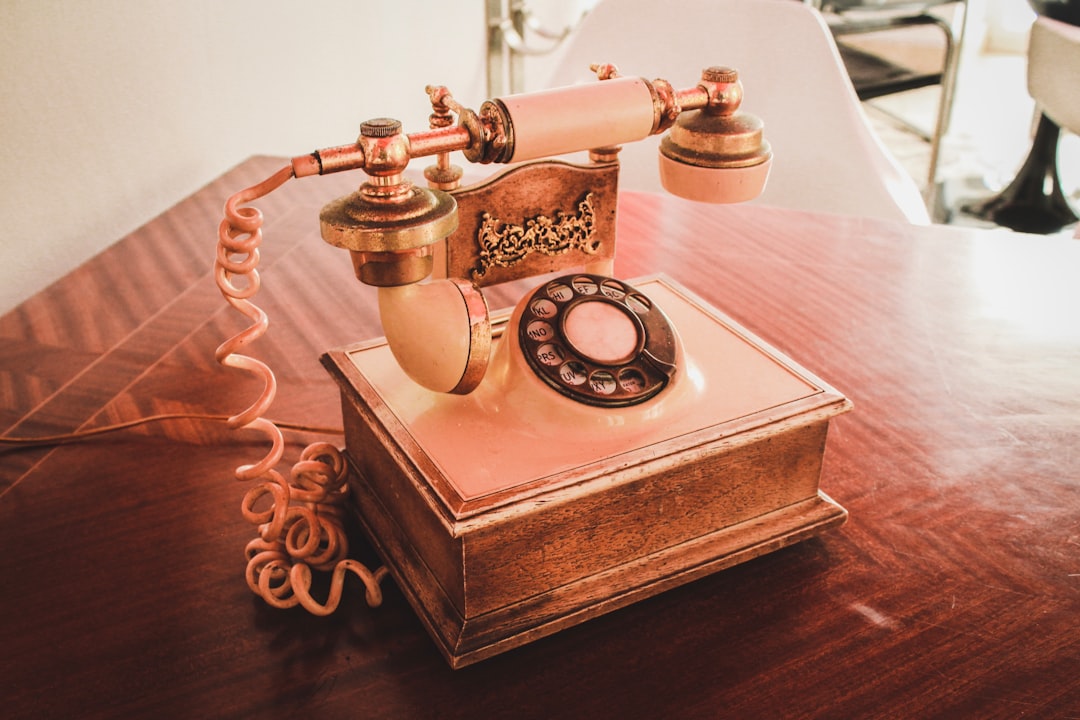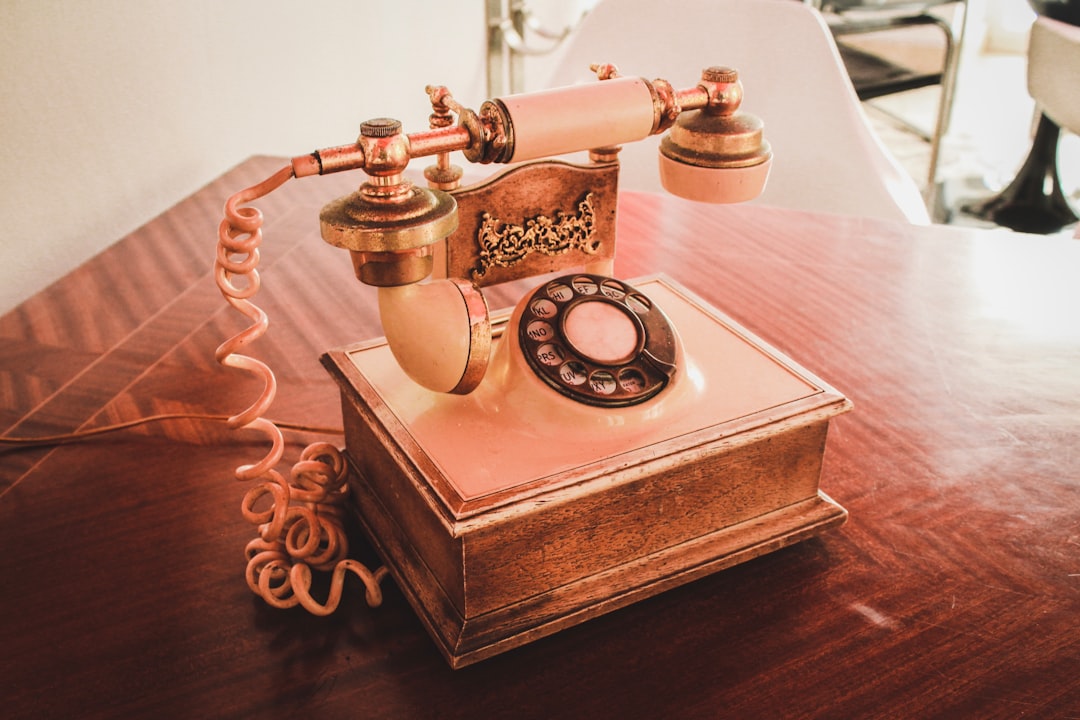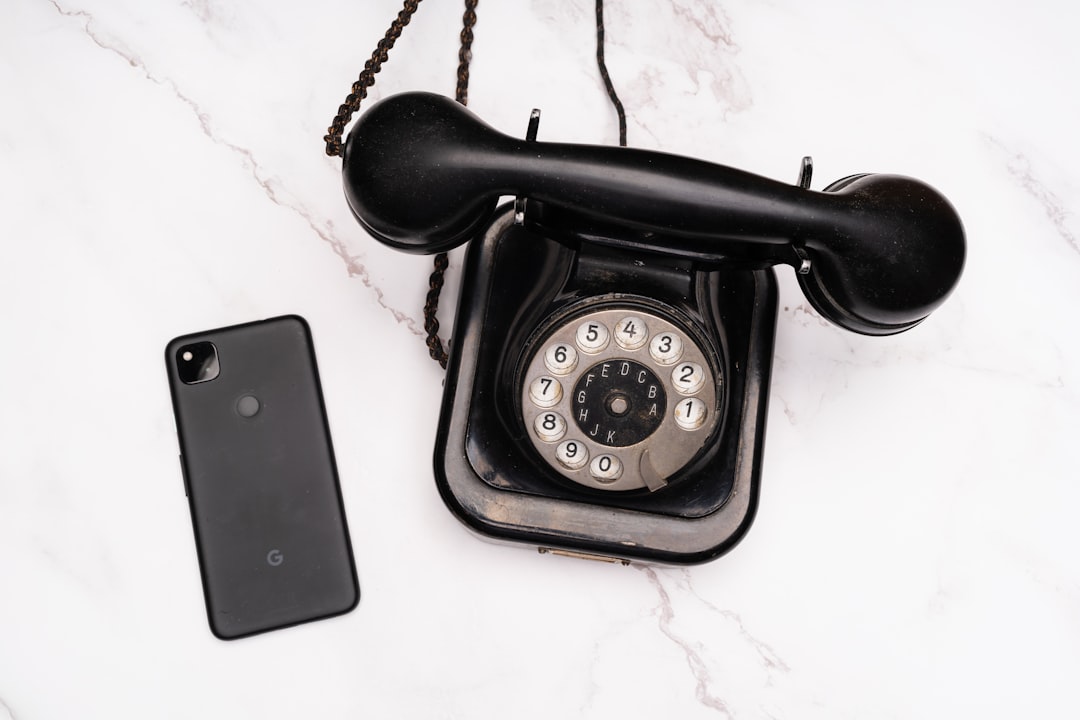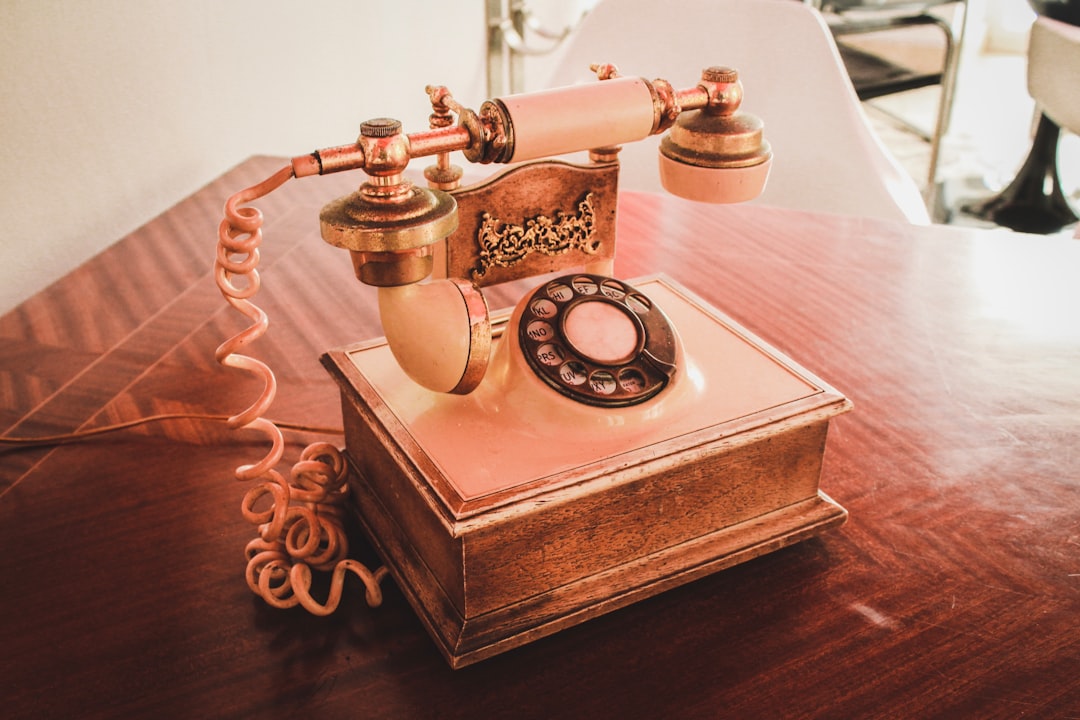Minneapolis fights spam calls through community education, partnerships with authorities, and legal support from lawyers for No Call Laws Minnesota. Enhanced monitoring and stricter penalties coupled with individual registration on Do-Not-Call lists have significantly reduced unwanted phone marketing. This collaborative approach not only protects residents' privacy but also serves as a model for other cities looking to enforce do-not-call lists and safeguard consumer rights.
Minneapolis residents face a persistent challenge: spam calls. This article explores community efforts to combat this nuisance, delving into initiatives and strategies that have emerged as powerful tools. From grassroots movements to legal perspectives with a focus on Minnesota’s no-call laws, we analyze the impact of collective action. We present success stories and insights from experts, including a lawyer specializing in no-call laws in Minnesota, offering a comprehensive guide to reducing spam calls within the community.
Understanding the Spam Call Problem in Minneapolis

In Minneapolis, like many urban areas across the country, the issue of spam calls has become increasingly prevalent, affecting both residential and business phone users. Spam calls refer to unsolicited or unwanted telephone marketing calls, often promoting products, services, or even fraudulent schemes. This deluge of calls can be particularly bothersome, wasting valuable time and causing stress for recipients who may not be interested in the offerings or trying to avoid such interactions due to privacy concerns. The problem has grown more complex with advancements in technology, allowing scammers to employ sophisticated methods to bypass traditional blocking techniques.
The volume of spam calls in Minneapolis highlights a pressing need for effective solutions. Many residents turn to their local lawyer for No Call Laws Minnesota for assistance in dealing with these relentless calls. These laws, designed to protect consumers from intrusive marketing practices, offer a legal framework that can help curb the problem. By understanding and enforcing these regulations, communities can take a significant step towards reducing spam calls and providing relief to concerned citizens.
Community Initiatives and Strategies to Combat Spam Calls

In Minneapolis, community initiatives have emerged as powerful tools in the battle against spam calls. Residents and local organizations are joining forces to implement effective strategies that minimize unwanted phone communications. One key approach involves educating fellow citizens about No Call Laws in Minnesota and encouraging them to register with Do-Not-Call lists. By empowering individuals to take control of their communication preferences, these efforts create a collective defense against spam calls.
Moreover, community partnerships with local law enforcement and telecommunications providers are fostering innovative solutions. These collaborations result in enhanced monitoring systems and stricter penalties for spam call perpetrators. With the support of a lawyer for No Call Laws Minnesota, communities can navigate legal avenues to strengthen their defenses and ensure that residents’ peace of mind is not disrupted by persistent spam calls.
The Impact of Collective Action: Success Stories and Legal Perspective with a Lawyer for No Call Laws Minnesota

Collective action has proven to be a powerful tool in the fight against spam calls. When communities come together, they can create a significant impact and bring about positive change. In Minneapolis, residents have united to combat the nuisance of unwanted phone calls, leading to notable successes. These collective efforts not only reduce the volume of spam calls but also raise awareness about consumer rights and protection.
Engaging with a lawyer for No Call Laws Minnesota plays a crucial role in this process. Legal experts can provide guidance on existing regulations and help craft effective strategies to enforce do-not-call lists. With their expertise, communities can ensure that their actions are not only successful but also legally sound. This collaborative approach has the potential to set a precedent, making Minneapolis a model for other cities aiming to reduce spam calls and protect their residents’ privacy.






